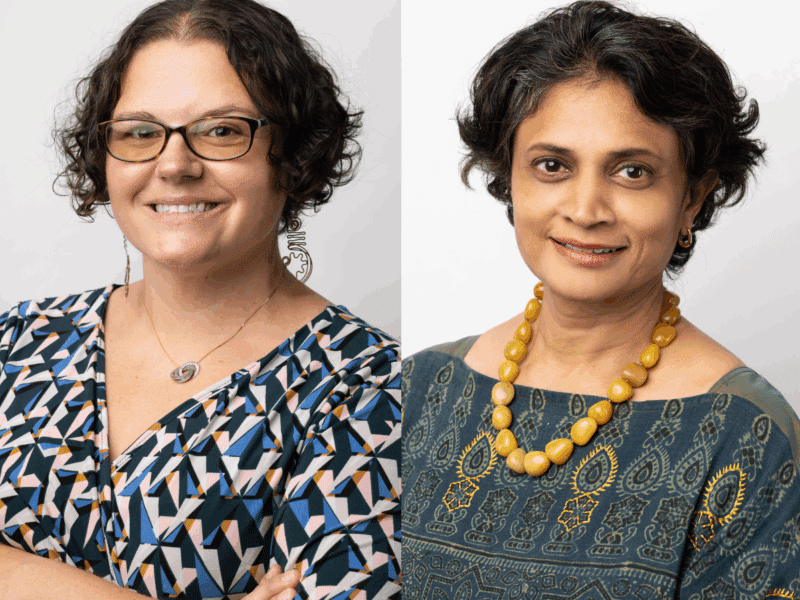The Johns Hopkins Center for Communication Programs is joining efforts with the International Planned Parenthood Foundation (IPPF) to offer quality integrated and inclusive sexual and reproductive health services to marginalized and hard-to-reach populations in seven countries.
The UK’s Foreign, Commonwealth & Development Office (FCDO) has granted IPPF and its partners, including CCP, an award worth up to the equivalent of USD $100 million over five years. It is expected that the Women’s Integrated Sexual Health (WISH 2) project will support at least 10.4 million family planning users and avert 15,100 maternal deaths.
The WISH 2 project aims to find new ways to overcome the many hurdles that exist in places where gender norms present a critical barrier to sexual and reproductive health demand and service uptake.
As part of WISH 2, CCP will lead work to address harmful social and gender norms that are keeping women, adolescents, those living under economic stress and displacement, and people living with a disability, from meeting their reproductive health goals. Other partners include the International Rescue Committee (IRC), Options and Ipas.
CCP will use social and behavior change approaches developed through a human-centered design approach, which allows stakeholders to directly participate in the creation of solutions. CCP will work in seven countries, many of which are experiencing long-drawn-out conflict: Ethiopia, Somalia, Burundi, Sudan, South Sudan, Madagascar, and Zambia.
“This project will try to really get at what are some of those critical barriers to comprehensive reproductive health that may be embedded in the society,” says Uttara Bharath Kumar, who will lead CCP’s work on WISH 2. “Working closely with those who understand the cultural and social norms in each context will be critical to moving the needle on creating a more enabling environment for uptake of reproductive health services.”
“We will look at harmful social norms, comprehensive sexuality education, abortion and reproductive rights, and explore how to make the sexual and reproductive health environments more supportive,” says CCP’s Joanna Skinner, who will be a technical advisor on WISH 2.
All of this will come against a backdrop of famine and war, in many countries, and deeply embedded cultural and religious beliefs that may not have a history of being open to conversations about reproductive health. Messages will most likely be tailored to family planning for young couples who already have at least one child since talk of sex outside the marriage, in most of these countries, is taboo.
CCP’s work will look broadly at family planning, from modern contraception to post-abortion care. CCP will also explore couple dynamics, couple decision making and norms around fertility, among other topics.
CCP will draw on its experience to address the issue from new perspectives. For example, previous work engaging men in the family planning process will be adapted to countries in the WISH program. CCP will also train other partners, as well as local organizations and local governments, in some of its successful tools and techniques to bring social and behavior change to a broader audience.
“This is an opportunity to introduce our social and behavior change thinking and approaches into a service delivery context to help overcome difficult barriers in access to sexual and reproductive care,” Bharath Kumar says.
WISH 2 is part of the FCDO WISH Dividend, and it builds on the successes of FCDO’s more than USD $300 million Women’s Integrated Sexual Health program, which spanned 27 countries across Africa and Asia between 2018 and 2024.
IPPF Director General Alvaro Bermejo says the focus is on the critical need to protect and expand access to sexual and reproductive health and rights.
“WISH2 will continue our mission of empowering women and girls across Africa to unlock their full potential,” he says. “We will not only tackle the rollback of sexual and reproductive rights but also strengthen disability inclusion while delivering sustainable healthcare solutions. We’re grateful to the UK Government for their unwavering support in this important work.”





